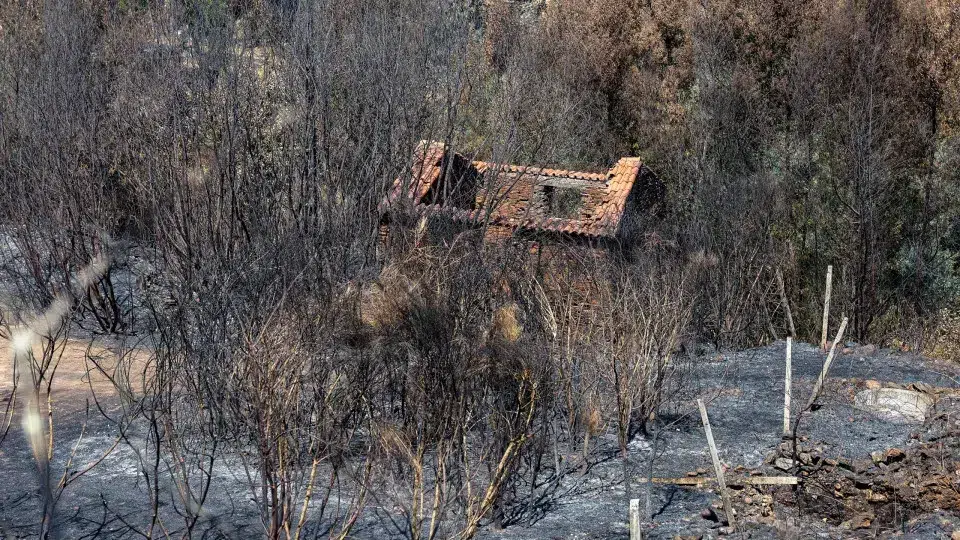
At the southwestern tip of Europe, the Iberian Peninsula experienced exceptionally high temperatures last month, exceeding 40 degrees Celsius in many areas.
The persistent heat fueled wildfires, primarily in northern Portugal and western and northwestern Spain, resulting in the deaths of four individuals in each country, forcing thousands to evacuate, and devastating vast expanses of land.
Climate change, mainly driven by the burning of fossil fuels, has made fire-prone weather conditions about 40 times more frequent and 30% more intense, say European scientists from the international group World Weather Attribution.
“Without human-induced warming, such fire-conducive weather would have occurred only once every 500 years, instead of once every 15 years, as it is now,” Theo Keeping, a researcher at the UK’s Imperial College London, told journalists.
Periods of intense heat quickly dry out vegetation and can ignite intense fires, which “can generate their own wind, leading to the spread of flames, explosions, and ignition of dozens of nearby fires from embers,” he added.
Another factor that has exacerbated the impact of global warming is rural exodus, which has left vast areas of land less used than before, according to Maja Vahlberg, a consultant at the Red Cross and Red Crescent Climate Centre.
“The decline of traditional farming and herding reduces the natural management of vegetation. Lands that were once inhabited and cultivated have therefore become more flammable,” she added.
“From a human perspective, most of these rural areas have suffered massive abandonment since the 1970s, allowing fine fuels to accumulate to dangerous levels, a problem worsened by inadequate forest management,” said Ricardo Trigo, a professor in the department of geophysics, geographic engineering, and energy at the University of Lisbon.
In Portugal, more than 280,000 hectares have burned since the beginning of the year, according to the European Forest Fire Information System, which has been collecting this data since 2006.
Spain, meanwhile, has lost over 380,000 hectares, setting a new record.
The heatwave that hit Spain for 16 days in August 2025 was “the most intense on record,” with average temperatures 4.6 degrees higher than those observed in previous heatwaves, according to Spain’s national meteorological agency AEMET.
The agency recorded 77 heatwaves in Spain since it began keeping records in 1975, six of which were four degrees or more above average. Five of these have occurred since 2019.
According to an estimate released on Tuesday by the Carlos III Health Institute, over 1,100 deaths in Spain could be attributed to the August heatwave.




